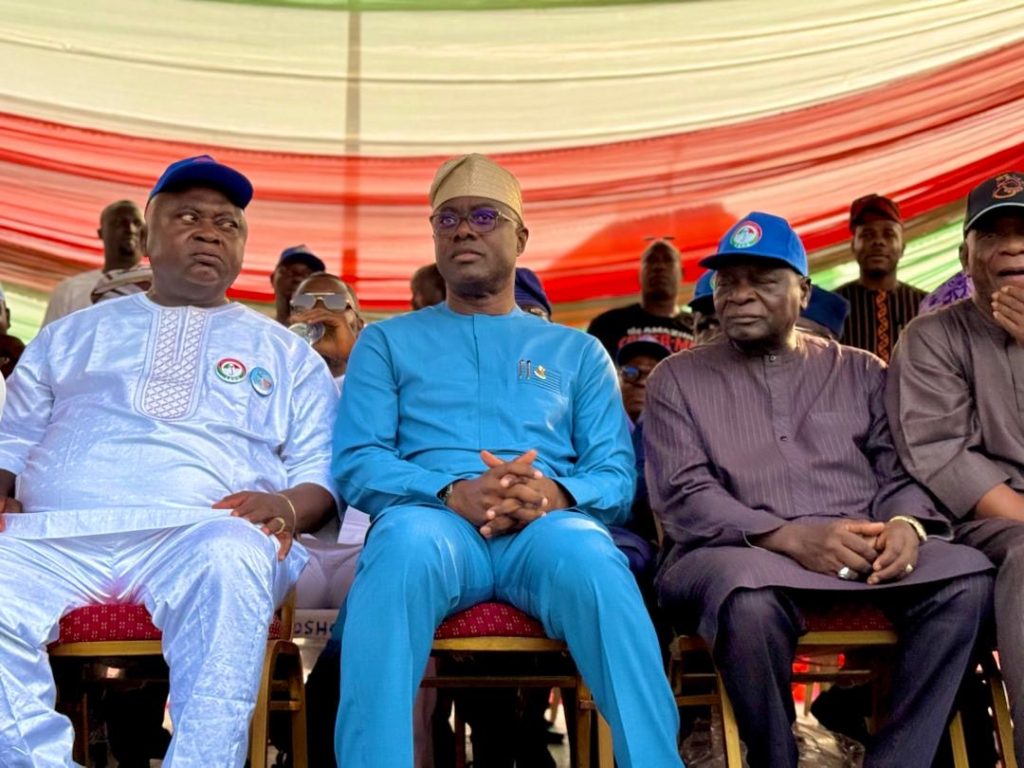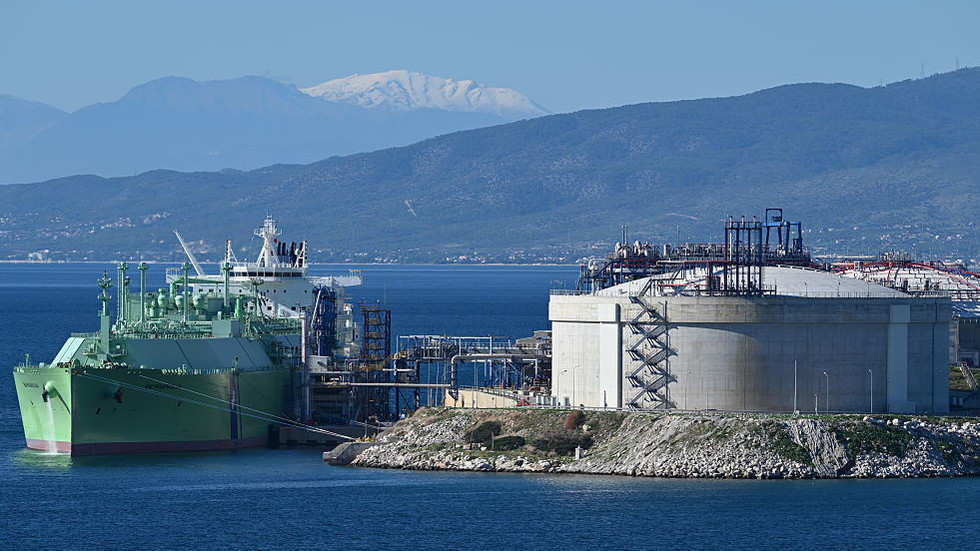Power Hopes and Hesitation: Nigeria’s Electricity Plans Under Scrutiny
Nigeria’s Ministry of Power has recently announced a significant improvement in the country’s electricity supply, citing over 40% of Nigerians now enjoying up to 20 hours of daily power supply. However, this claim has been met with skepticism from consumer advocates who argue that the data lacks transparency and accuracy.
In a statement, Minister of Power, Chief Adebayo Adelabu, attributed the progress to various reforms initiated under the administration of President Bola Tinubu. He mentioned that the installed generation capacity has risen from 13,000 megawatts to over 14,000 megawatts, facilitated by new hydroelectric power plants and upgrades to existing facilities. Adelabu also highlighted the ministry’s focus on infrastructure improvements and strategic actions, including the signing of the new Electricity Act of 2023.
However, ECPAC’s Executive Director, Chief Princewill Okorie, described the minister’s claims as “laughable.” In a phone conversation, Okorie questioned the credibility of the statistics, stating, “Where are the reports from the 36 states? You have 774 Local Governments in Nigeria, if you take 40% of the population of citizens in these Local Governments, you’ll know what the data is.” Okorie suggested that the Ministry of Power should establish a consumer protection department to gather accurate data on electricity supply.
Adelabu emphasized the critical need for stable electricity in any economy, asserting that for most developed nations, the first step towards success was achieving reliable, functional, and affordable electricity, especially for their industries, businesses, institutions, and households. He noted that this is the vision for Nigeria, highlighting the importance of stable electricity supply for economic growth and industrial development.
Despite Adelabu’s assertions, consumer advocates remain unconvinced, calling for more robust consumer engagement and real-time data and solutions. The Electricity Consumer Protection Advocacy Centre (ECPAC) has consistently expressed concerns over the accuracy of the government’s electricity supply data.
The dispute highlights the importance of accurate data and consumer engagement in the electricity sector. Nigeria’s electricity woes have long been a contentious issue, with frequent power outages and shortages plaguing the country. While the Ministry of Power has made attempts to improve the situation, consumer advocates continue to call for transparency and accountability in the sector.
As the country moves forward with initiatives such as the Presidential Metering Initiative, aimed at installing over 10 million meters in five years, it remains to be seen whether the Ministry of Power can deliver on its promises and provide the stable and reliable electricity that Nigerians deserve.



